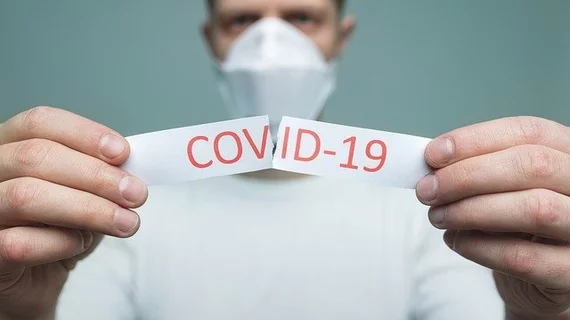COVID-19 hinders imaging departments from understanding, treating related neurological symptoms
A number of recent studies have shown that COVID-19 increases the risk of brain injuries—ranging from mental confusion to stroke—but the pandemic has hamstrung physicians and radiologists from understanding and treating these life-threatening symptoms.
Kaiser Health News dived into this topic June 3, finding that some imaging departments have even shied away from ordering brain MRIs for suspected stroke patients with the novel virus, either because they are too sick to physically move into a machine or for fear of contamination.
New York-based Northwell Health has turned to mobile MRI machines that use low-field magnets and can be wheeled into a patient’s room. And in lieu of electroencephalograms, the hospital is using headbands covered in electrodes to measure electrical activity inside the brain and minimize infection risk.
Delirium is another looming problem emergency departments are facing on a daily basis, KHN says. Many sick patients are put on ventilators to keep them from yanking out their breathing tubes. But up to 75% of these individuals then develop delirium, the news outlet reports. And further evidence suggests these patients are more likely to die than others.
“Our hands are much more tied right now than before the pandemic,” said Sherry Chou, MD, an associate professor of critical care medicine, neurology and neurosurgery at the University of Pittsburgh School of Medicine, to KHN.
Read the entire story below.

